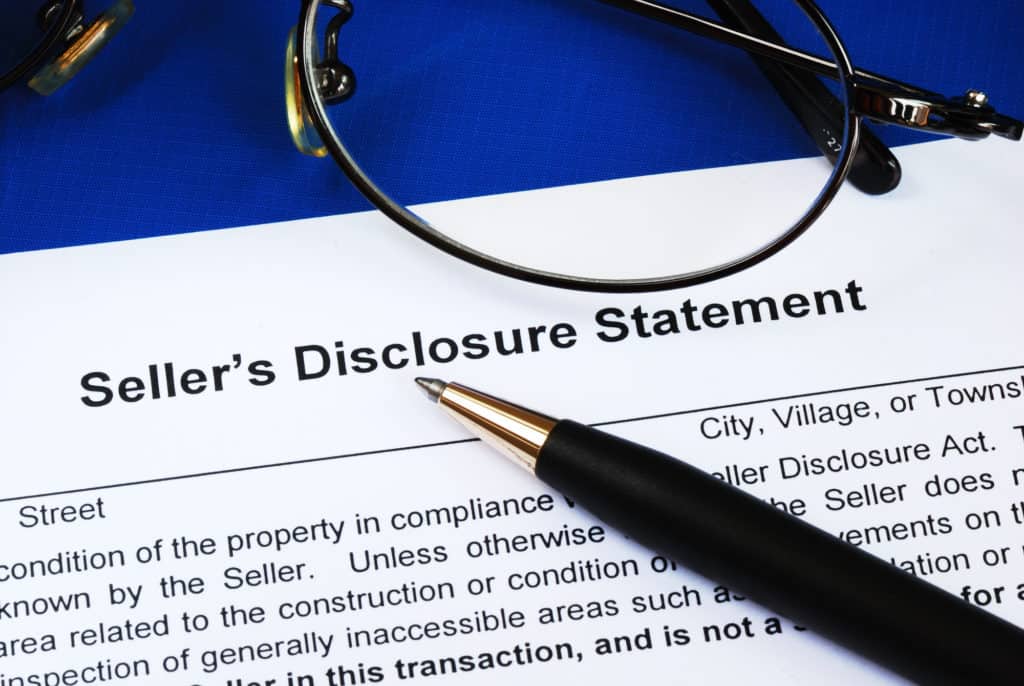Update That Disclosure!

The typical failure to disclose lawsuit avers that the seller, from the beginning, intentionally or recklessly failed to reveal the true condition of the property. A number of these suits, however, turn on what the seller learned after listing the property. Lawsuits based on failure to reveal recently acquired information usually name the listing salesperson and/or broker as a defendant.
Sellers and their listing agents learn of problems after listing as a result of a potential buyer's inspection of the property. When a transaction fails after the buyer has completed an inspection, the inspection report, to the extent it reveals conditions that should be disclosed, necessitates revision of the disclosure form. A suit based on failure to update a disclosure is more easily proven than an omission in the original disclosure. Consider the fact that the report will find its way into the court room! Consider also that a listing agent is required to reveal defects not revealed by the seller. How can the listing agent claim to have not seen the telltale inspection report?
Threatened litigation is another post-listing "defect" that frequently fails to make it to the disclosure statement. This can happen for a number of reasons. Perhaps the property was subject to an agreement of sale that failed. If there is no release, the possibility of suit exists, especially when threats of suit are exchanged. In one case where the seller terminated the agreement of sale (buyer was late with a deposit), the buyer's attorney sent letters to both the seller and listing agent indicating that he would be filing suit on his buyer's behalf in order to enforce sale to that buyer. Though the property subsequently came under agreement of sale to a second buyer, the second buyer was never notified of the threat. Imagine what happened when a lis pendens was filed frustrating the second buyer's purchase! You can also imagine what damages would be claimed if the second buyer had sold her home and now was without a residence.
Here's a tip to help you avoid omissions or changes that should be reflected on the seller's disclosure. Before a seller reviews the agreement of sale with you, have the seller read the disclosure statement and initial/date each page to reflect that there are no changes to the disclosures. Of course, should changes be necessary, make them. If this is done with every offer under consideration, you will more likely avoid disclosure issues and suits.
Best to all and a happy, healthy and prosperous 2022!
Copyright© James L. Goldsmith, Esquire, 2021
All Rights Reserved
Facts, opinions and information expressed in the Blog represent the work of the author and are believed to be accurate, but are not guaranteed. The Lancaster County Association of Realtors is not liable for any potential errors, omissions or outdated information. If errors are noted within a post, please notify the Association. Posts represent the author's opinion and are not necessarily the opinion of the Association.












